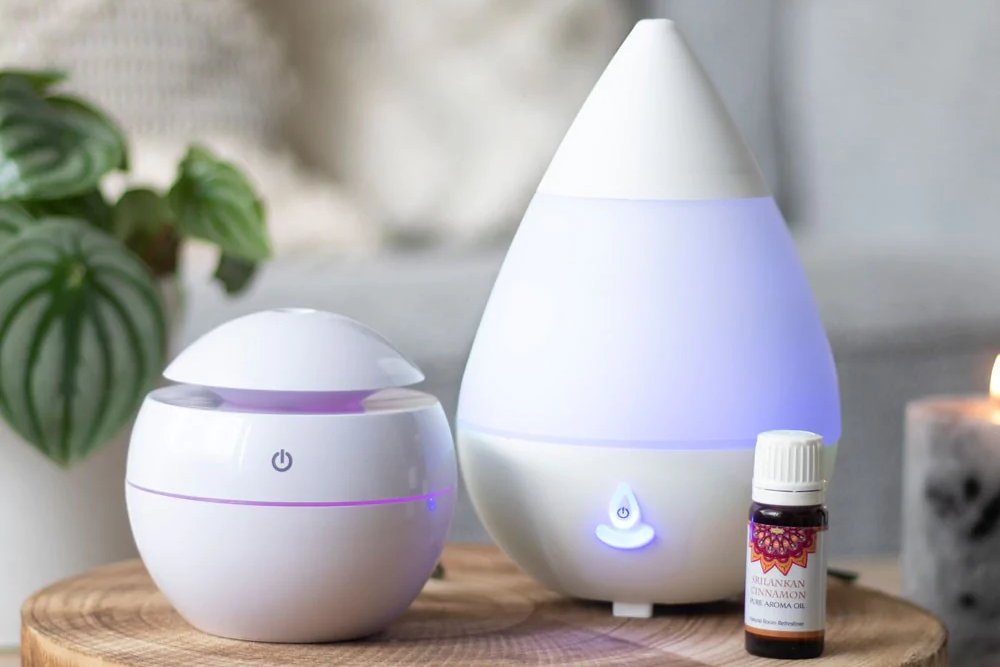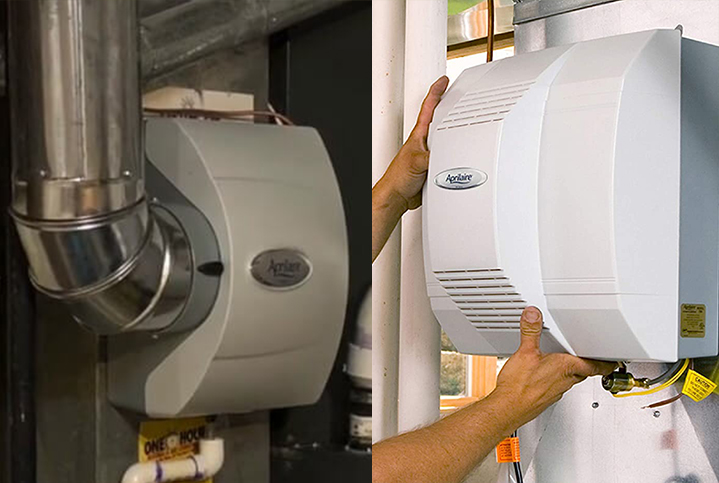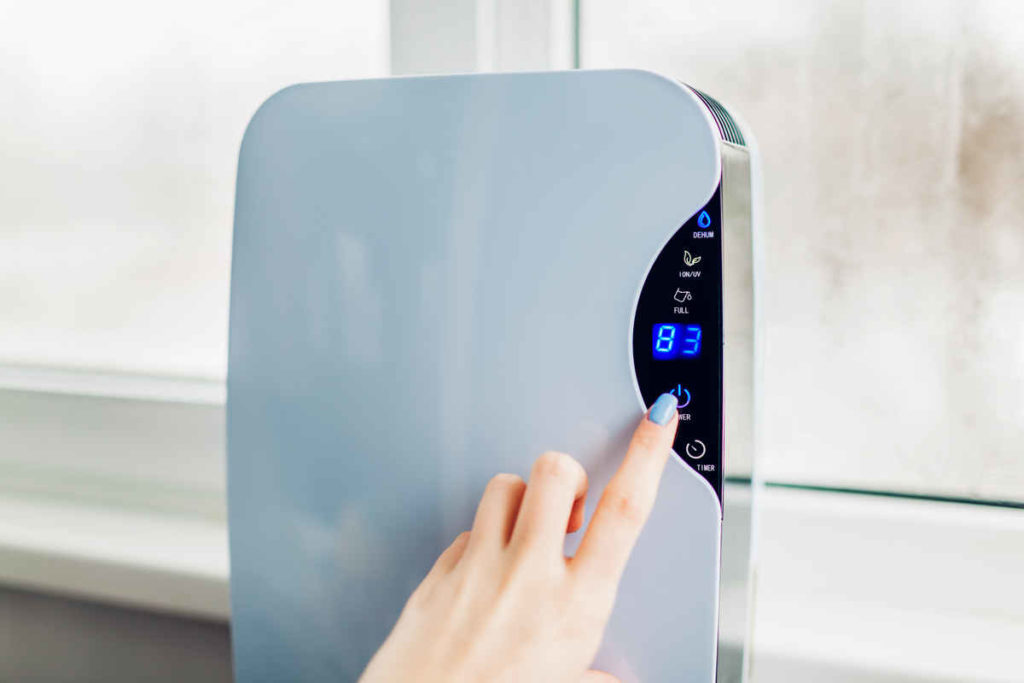

When the cold weather strikes and you have to turn on the furnace, the humidity levels in your home rise. This then results in dry and itchy skin and even more annoying, blocked nasal passages or a runny nose, watery eyes, sneezing, fever, and sometimes loss of appetite. You also start feeling lethargic, and your productivity decreases. What you may not know is that high humidity levels also impact your cats, severely decreasing their comfort.
You’re probably wondering, “are humidifiers safe for cats?” Unlike humans, when a cat starts sneezing, we can’t simply give them cold medication and get them to rest. You have to visit a vet to determine the correct diagnosis, which can be expensive. If you’re thinking of getting the best humidifier for your home that will also be safe for your cat, we’ve compiled a complete guide for you. Keep reading to find out!
According to the BBC Trusted Source BBC Earth | Home Welcome to BBC Earth, a place to explore the natural world through awe-inspiring documentaries, podcasts, stories and more. www.bbc.com , cats aren’t as emotionally distant as we think they are. They can pick up on how you’re feeling, which is why they make such amazing pets. This is also why they deserve nothing but the best treatment. If you’re unsure of whether you should get a humidifier for your home, here are several reasons why you should get one.
First things first: what is the main role of a humidifier?
Humidifiers are devices that add moisture to the air to reduce the dryness that comes with low humidity levels. They prevent the impact of dry air such as dry skin and runny noses and usually ease the symptoms of the flu.
The main benefits of using a humidifier in your home include:
Humidifiers also help you breathe better, ensuring you have a good night’s rest. Contrary to what you may think, the benefits of using humidifiers aren’t solely restricted to your health. They also benefit your home by;
There are 5 main types of humidifiers. Even though all of them have different functionalities, they all have one main role; to increase the amount of humidity in your home. They include:
These types of humidifiers are versatile and have both cold and warm mist options available. They are available in various sizes and designs and use ultrasonic vibrations to produce mist. These vibrations are usually at a very high frequency that is beyond our hearing capabilities.
Based on popular opinion, the Levoit Ultrasonic Humidifier is one of the best in this category. It has a 6-liter water reservoir capacity, which means you can use it in large rooms, including your bedroom. This humidifier has an aromatherapy feature which means you can use your preferred essential oils to leave your rooms smelling fresh. It’s one of the most silent devices on the market and also comes with a display-off feature that minimizes the number of distractions you experience at night.
The Levoit Ultrasonic Humidifier comes with a convenient remote control that allows you to make adjustments from the comfort of your bed. You can also set the timer between 1 and 12 hours, after which it will automatically shut down.
Perhaps the most interesting feature about this device is the auto mode that uses an inbuilt humidity sensor to automatically adjust the amount of mist produced. This feature enhances the efficiency of the device and ensures that the highest settings are only reserved for low humidity levels.
These types of humidifiers produce mist by blowing air through moisturized filters. They are usually very affordable, but they come with one major drawback; they can cause excessive humidity if left unchecked, which can trigger mold growth.
These humidifiers depend on high-speed rotating disks to distribute moisture into the atmosphere. They are safe & kid-friendly, but their overuse can trigger asthma and allergic reactions.
These devices first heat water using electric current, cool it down, and then distribute it into the atmosphere. They are usually portable and are the most affordable option. They are, however, risky as they can cause burns which is why we recommend that you don’t use them if you have children or pets in the house.
These humidifiers are the most expensive option and are connected to your home HVAC system. This ensures that all your rooms are at optimal humidity levels, as opposed to one room as is with the other humidifiers.
You can also use different humidifiers based on how they expel moisture; cool mist humidifiers, warm mist humidifiers, and a hybrid of the two; cool and warm mist humidifiers.
Cool mist humidifiers generally use less electricity and are a kid-friendly option as they don’t contain hot water. They are, however, noisy and can cause the air to feel a little chill.
If you already have a humidifier, you should consider getting an antibacterial treatment. According to popular reviews, the Guardian Technologies GGHS15 Aquastick Antimicrobial Humidifier Treatment is the best. It’s easy to use, can help you fight mold growth, and you only need one antibacterial stick.
Humidifiers are safe for cats, but you need to choose the best type. We recommend that you use a cool-mist humidifier and place it in your fur baby’s favorite room. If they had already started displaying symptoms associated with dry air, you should begin to notice improvement after a few days.
Stay away from warm mist humidifiers. Keep in mind that cats are highly curious, and they will likely spend a lot of time around the humidifier. They are also very playful and may end up accidentally tipping over the device and end up burning themselves. You should also go for relatively quiet humidifiers because cats are sensitive to noise.
Before you buy a humidifier, you should look out for specifications such as;
Here are some quick tips for using humidifiers around cats:
Are humidifiers safe for cats? This is an age-old question, and the truth is, cats are as sensitive to dry air as we are. When you’re choosing a humidifier for your cat, make sure you go for a cool-mist variety that’s quiet and sturdy. It should preferably be small and programmable to ensure optimal humidity is maintained even when you’re not around.





